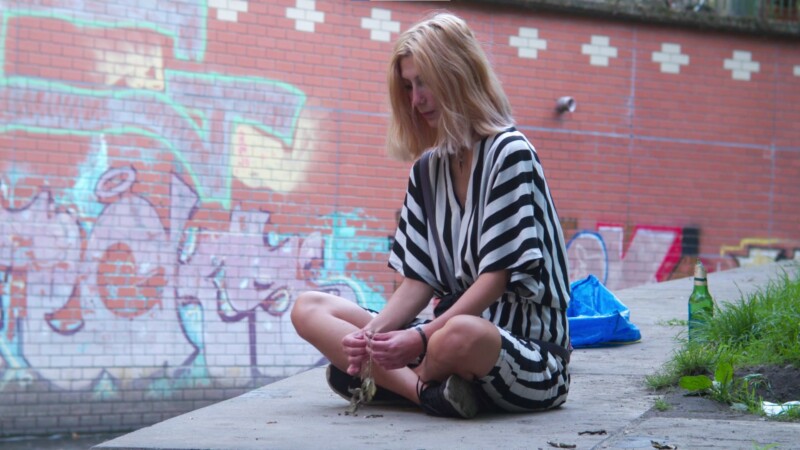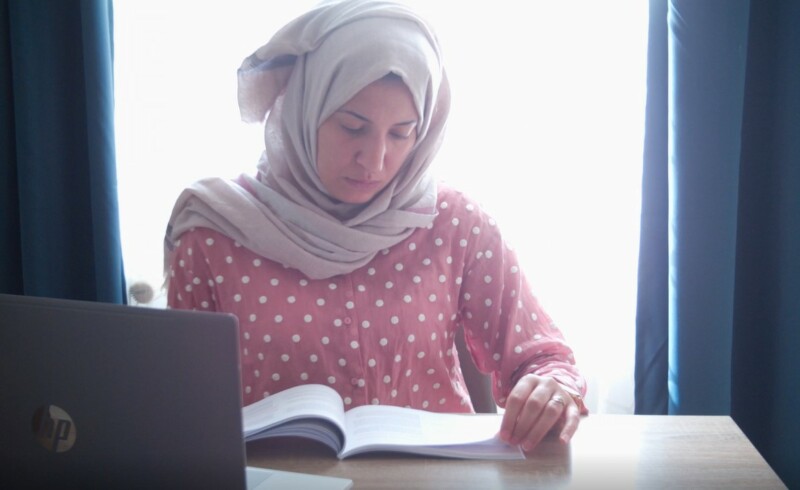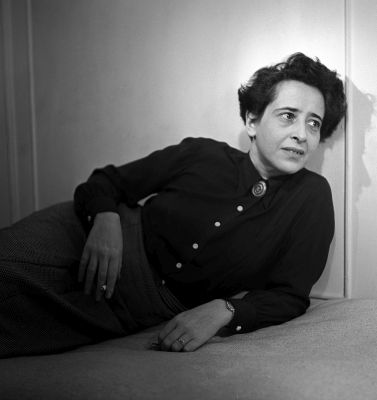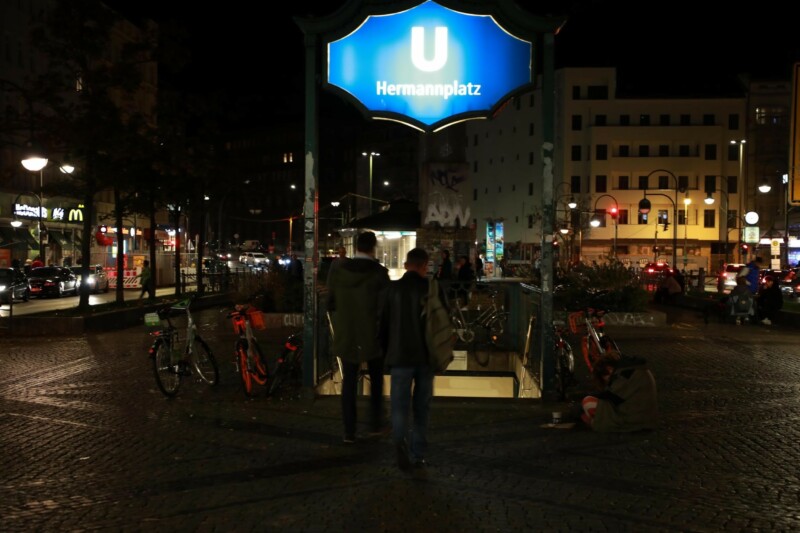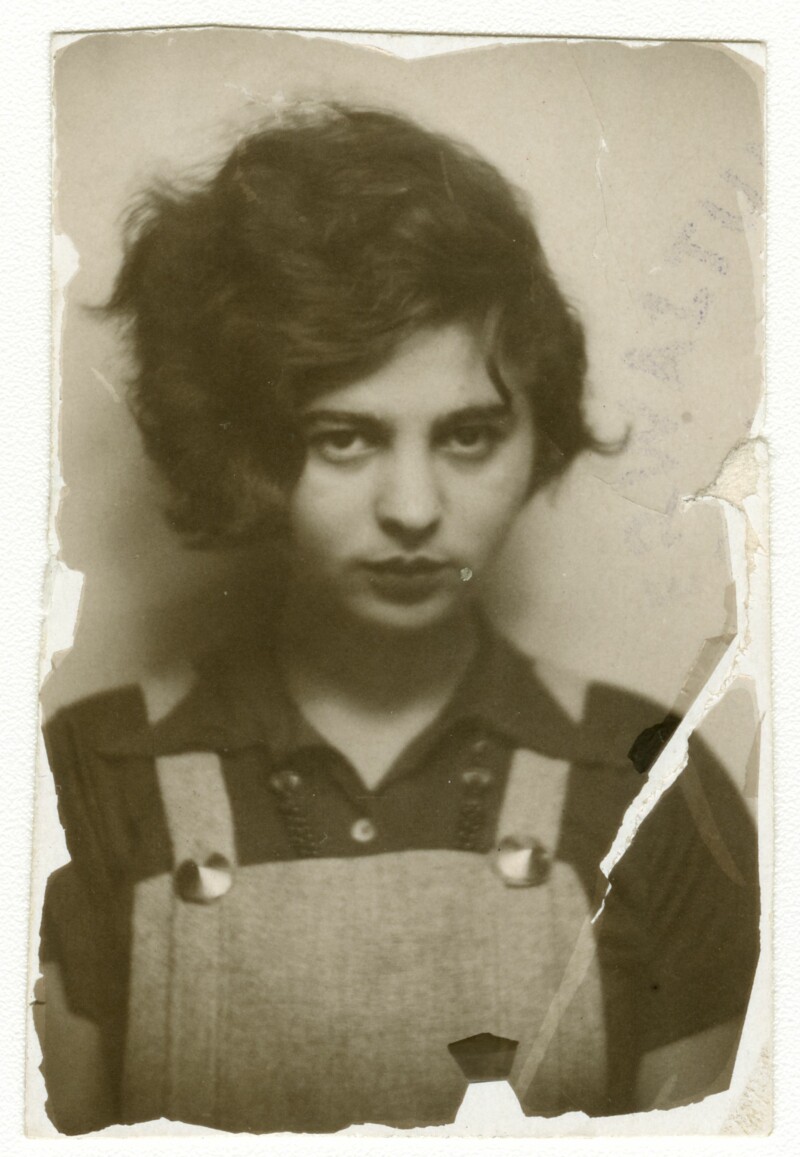Der Flüchtling ist meist Objekt
Ein Problem, das gelöst werden muss. Eine Zahl.
Ein Kostenpunkt. Ein Punkt. Nie ein Komma. Weil
er nicht mehr wegzudenken ist, muss er Ding bleiben.
Es gibt ein Leben nach der Flucht. Doch die Flucht
wirkt fort, ein Leben lang. Unabhängig von den
jeweiligen individuellen Prägungen, von Schuld,
Bewusstsein, Absicht, Sehnsucht.
Der Geflüchtete ist eine eigene Kategorie Mensch.
The refugee is usually an object.
A problem that must be solved. A number. A matter of
expense. A point. Never a comma. Because he is
no longer erasable, he must remain a thing.
There is life after the flight. But the flight acts upon
oneself for a lifetime. Regardless of individual
imprints, of guilt, consciousness, intention, desire.
The refugee is a human category of its own.
In 1971, shortly before he started school, Ilja Trojanow’s (*1965) parents fled with him from Bulgaria via Yugoslavia and Italy to Germany, where they were granted political asylum in Munich. Later he lived in Kenya, Germany, India, Austria and other countries. In his writing and translating, Trojanow deals with his experiences of flight and migration: he tells of loneliness, life between languages, and how the past is lost in the eyes of the others at the place of arrival, how one lies to those who stayed at home about the happiness one has not found.
In May 2017, the essay “Nach der Flucht” (S. Fischer) will be published, in which this poem also fits into the topography of life after flight and addresses the objectification of refugees or the adherent categorization of people as “refugees”.
Trojanow, Ilija, 2017: Nach der Flucht. S. Fischer Verlag: Frankfurt am Main, p. 9.
Translation into English © Minor Kontor.
